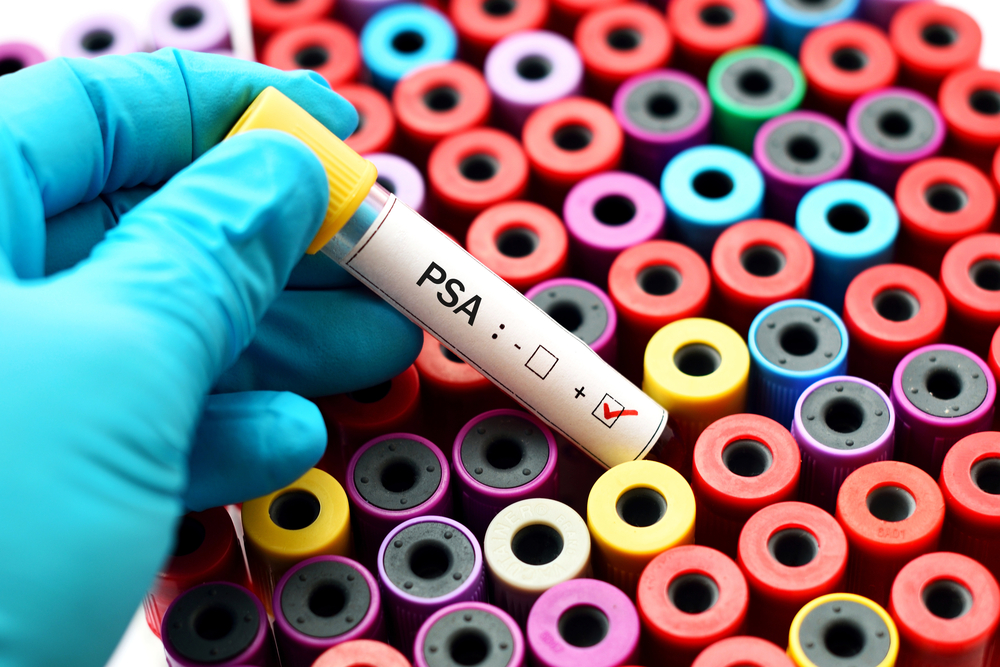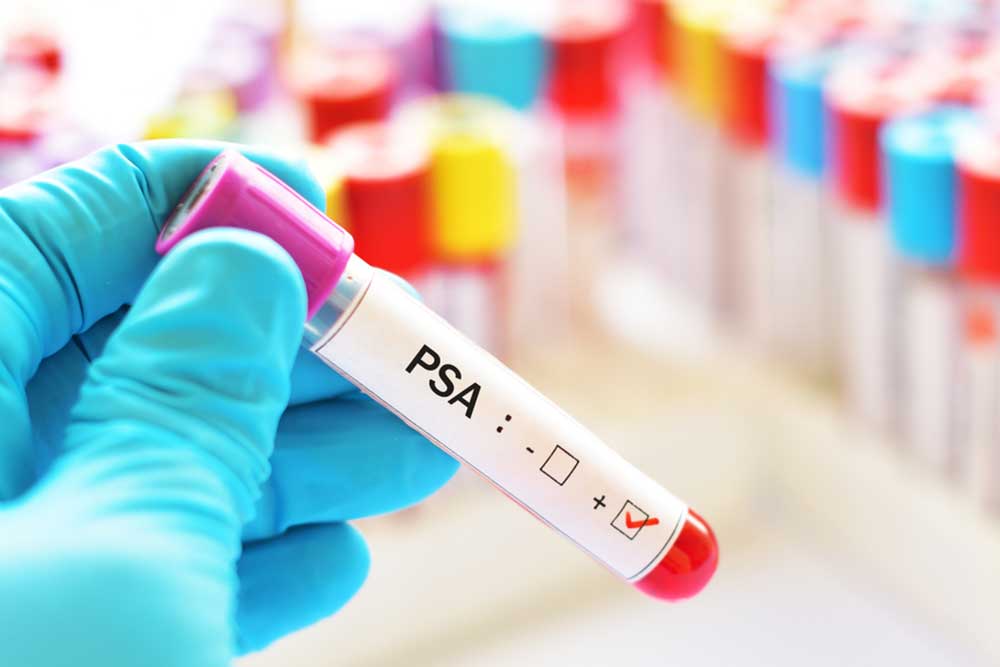Effective Strategies to Manage PSA Levels Naturally
Learn natural methods to control PSA levels through diet and lifestyle. This guide covers prostate health, effective foods for lowering PSA, and importance of regular screening. Early detection and healthy habits can significantly reduce prostate risks and support long-term wellness.
Effective Strategies to Naturally Manage PSA Levels
Methods to effectively regulate PSA levels
The prostate is a small gland situated between the bladder and the rectum, responsible for secreting fluids that nourish and protect sperm. As men age, the prostate tends to enlarge naturally, but abnormal growth or hardening can lead to health issues. Prostate cancer ranks as the most common cancer among men and is the third leading cause of male mortality. Typically, prostate health is monitored through the PSA test, which assesses PSA levels in the blood to identify potential problems.

PSA, a protein produced by prostate tissue, normally travels with semen. Small amounts may leak into the bloodstream, and elevated PSA levels can indicate prostate issues. The PSA blood test compares levels to standardized charts, with levels above 4.0 ng/mL often prompting further investigation. Factors such as age, ethnicity, family history, or infections can influence PSA readings. While a high PSA doesn't confirm cancer, it warrants additional testing such as biopsies or digital rectal exams to evaluate prostate health.
PSA testing is a useful indicator but not definitive. It can sometimes yield false positives or negatives, making further examinations necessary. Nevertheless, maintaining healthy PSA levels is important for early detection. Lifestyle and diet play crucial roles—certain foods can help lower PSA levels naturally. Incorporating these into your diet, along with regular medical checkups, can support prostate health.
Foods known to help reduce PSA include:
Fruits and Vegetables - Rich in antioxidants like lycopene and nutrients that inhibit prostate inflammation. Incorporating more colorful produce benefits prostate health.
Tomatoes - Contain lycopene, especially potent when cooked, which may prevent prostate cancer.
Pomegranate - Loaded with phytonutrients, it may slow cancer progression and inhibit tumor growth.
Broccoli and Cruciferous Vegetables - Reduce PSA levels and support tumor suppression due to sulfur compounds.
Green Tea - Packed with polyphenols, which act as antioxidants to combat cancer cells and lower PSA.
Soy - Rich in protein, it may decrease DHT levels and reduce prostate cancer risks.
Additional beneficial foods include nuts, spinach, turmeric, and avocados. Avoid excessive red meat, dairy, alcohol, and sugars, as these can negatively impact prostate health. Early diagnosis and lifestyle adjustments are key to managing prostate conditions effectively. Adopting a balanced diet and regular screenings can help maintain healthy PSA levels and overall health.
Prioritize healthy eating habits and routine checkups for long-term prostate wellness. Creating a PSA levels chart by age can improve monitoring and early detection efforts.










